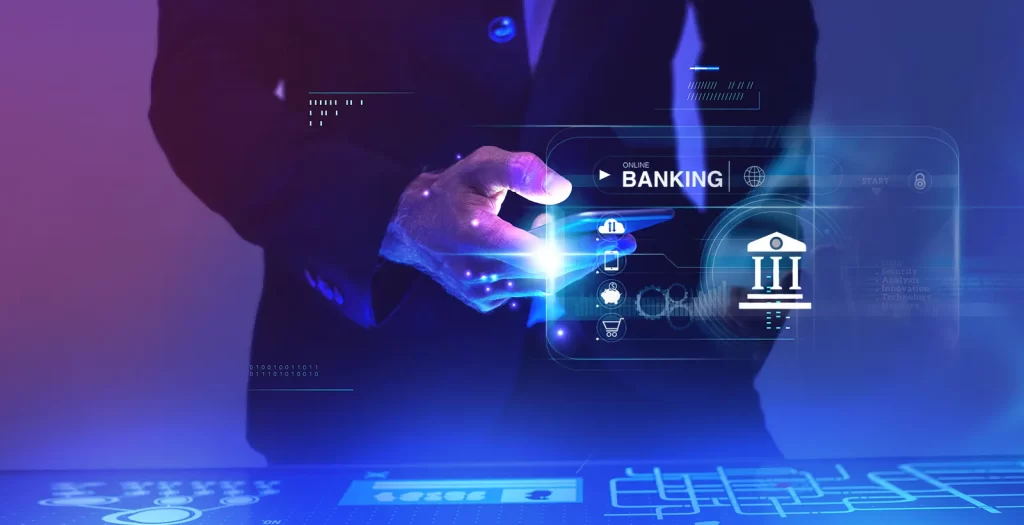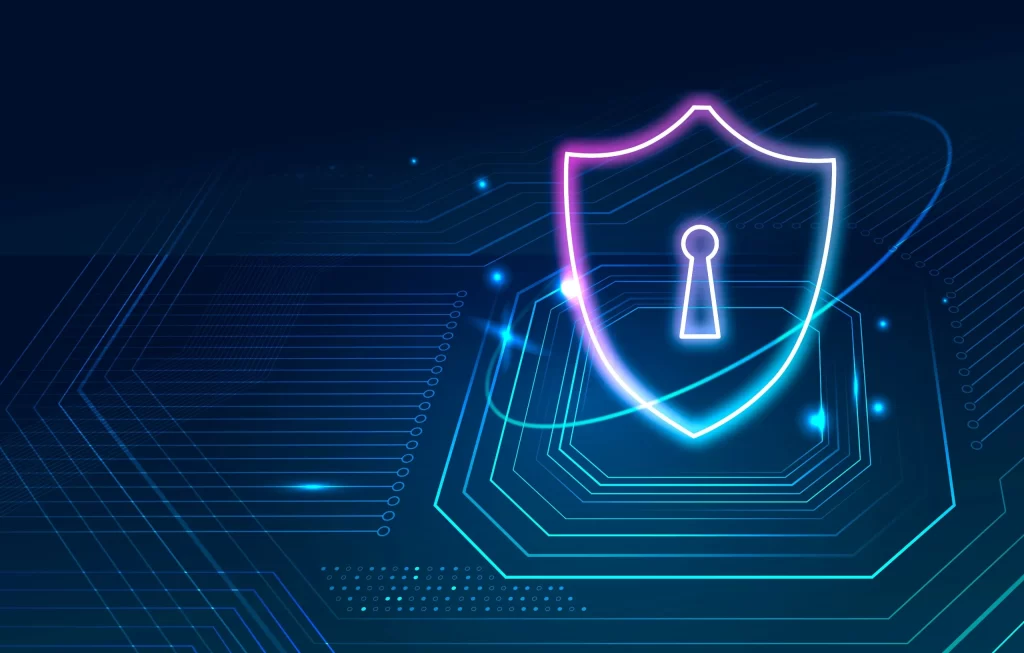The Crucial Role of Cybersecurity in the Era of Digital Banking
Safeguarding Digital Transactions: The Imperative of Cybersecurity in Digital Banking

Explore the importance of cybersecurity in digital banking, its challenges, and how it safeguards financial transactions and customer data in the digital banking landscape.
As the world increasingly embraces digital transactions, the role of cybersecurity in digital banking has become more critical than ever. Cybersecurity, a combination of technologies, protocols, and practices, is designed to protect networks, devices, programs, and data from attacks, damage, and unauthorized access. In the banking sector, the primary goal of cybersecurity is to protect the assets of users, especially as more transactions move online.
The banking and financial industry faces high stakes, with substantial financial sums at risk and the potential for significant economic upheaval if systems are compromised. As such, the effectiveness of cybersecurity in banks directly influences the safety of our Personally Identifiable Information (PII), whether it be from an unintentional breach or a well-planned cyberattack.
The current state of cybersecurity in banks is a matter of global concern. For instance, between June 2018 and March 2022, Indian banks reported 248 successful data breaches by hackers and criminals. The Indian government reported 11,60,000 cyber-attacks in 2022, estimated to be three times more than in 2019.
The banking industry has prioritized cybersecurity highly. Building credibility and trust is the cornerstone of banking, making cybersecurity even more essential. Here are five factors that demonstrate the significance of cybersecurity in the banking industry:
- As more people go cashless and use digital payment methods like debit and credit cards, ensuring that the required cybersecurity safeguards are in place to protect your privacy and data is critical.
- Data breaches caused by a shoddy cybersecurity solution may easily lead to their consumer base moving their business elsewhere.
- When a bank’s data is compromised, you lose time and money. Recovery from the same can be unpleasant and time-consuming.
- Inappropriate use of your private information might be very harmful. Your data is sensitive and could expose a lot of information that could be exploited against you.
- Banks need to be more cautious than most other firms. That is the price for banks to retain the kind of valuable personal data they do.
Banks face numerous cybersecurity threats, including phishing attacks, Trojans, ransomware, and spoofing. Cybersecurity threats are constantly evolving, and the banking sector must take action to protect itself. Hackers adapt when new defenses threaten more recent attacks by developing tools and strategies to compromise security.
To combat these threats, banks employ a variety of cybersecurity tools and approaches, including network security surveillance, software security, risk management, and protecting critical systems. Additionally, cybersecurity frameworks such as the NIST Cybersecurity Framework, The Bank of England’s CBEST Vulnerability Testing Framework, and the CIPHER Framework for Privately Held Information Systems provide a common language and set of standards for security leaders to understand their security postures and those of their vendors.

Despite the measures in place, implementing cybersecurity in banking presents several challenges, including a lack of knowledge, insufficient budgets, poor management, poorly managed identities and access, an increase in ransomware, and the rise of smartphones, apps, and social media as new avenues for cyberattacks.
As we continue to navigate the digital revolution, the role of cybersecurity in digital banking will only grow in importance. It is crucial for banks to have the proper cybersecurity solutions and procedures in place, especially for institutions that store a lot of personal data and transaction lists. As digitalization advances, hackers are more likely to target the banking sector, making cybersecurity an issue that cannot be bargained with.

Comments are closed, but trackbacks and pingbacks are open.